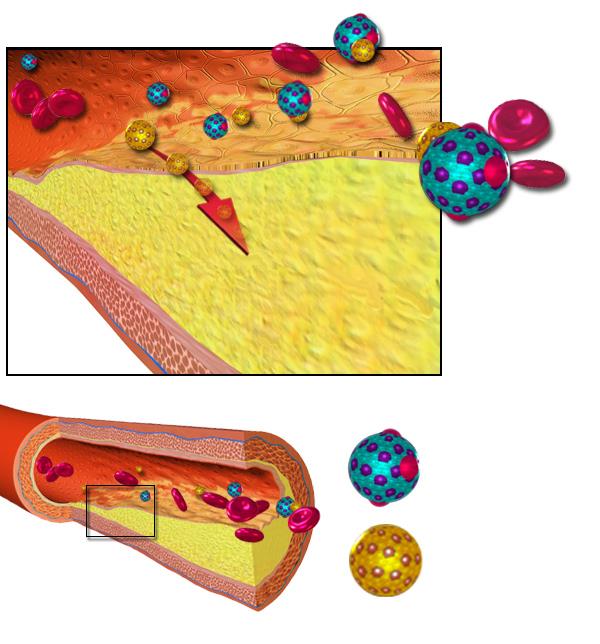Category: Science and Medicine
Homeopathy and Evidence-Based Medicine: Back to the Future Part V
Homeopathy and Science: Discussion, Summary and Conclusions I was not surprised by a couple of the dissenting comments after Part IV of this blog. One writer worried that I had neglected, presumably for nefarious reasons, to cite replications of Benveniste’s results; another cited several examples of “positive” homeopathy studies that I had failed to mention. I answered some of those points here....

The International Network of Cholesterol Skeptics
There is an organization that calls itself The International Network of Cholesterol Skeptics (THINCS). Its members “thinc” they are smarter than the average doctor. They “thinc” that cholesterol has nothing to do with cardiovascular disease and that we have been deluded into waging a “cholesterol campaign” for which the scientific evidence is non-existent. They say, “What we all oppose is that animal...
The National Center for Complementary and Alternative Medicine (NCCAM): Your tax dollars hard at work
What’s an advocate of evidence- and science-based medicine to think about the National Center for Complementary and Alternative Medicine, better known by its abbrevation NCCAM? As I’ve pointed out before, I used to be somewhat of a supporter of NCCAM. I really did, back when I was more naïve and idealistic. Indeed, as I mentioned before, when I first read Wally Sampson’s...
Homeopathy and Evidence-Based Medicine: Back to the Future Part IV
Homeopathy and Science This week’s entry† is a summary of some of the tests of homeopathy. It is a necessary prelude to a discussion of how homeopaths and their apologists promote the method. Several tenets of homeopathy lend themselves to tests. The doctrine of similia similibus curantur (“like cures like”) was tested by Hahnemann himself, as introduced in Part I...
Alternative Flight
The following commentary is the first contribution to SBM by guest author, Mark Crislip. The airline industry in the United States is often used as an example of a complex technological system that provides high volume, inexpensive and reliable transportation to millions of people every year, that, despite sending tons of aluminum five miles into the air, has an amazing safety record....
The Role of Anecdotes in Science-Based Medicine
While attending a lecture by a naturopath at my institution I had the opportunity to ask the following question: given the extreme scientific implausibility of homeopathy, and the overall negative clinical evidence, why do you continue to prescribe homeopathic remedies? The answer, as much as my question, exposed a core difference between scientific and sectarian health care providers. She said, “Because I...
Science by press release: A helmet to fight Alzheimer’s disease?
Recently, I’ve had a number of people bring to my attention a news story that has apparently been sweeping the wire services and showing up in all sorts of venues. It is, on its surface, a story of hope, hope for the millions of elderly (and even the not-so-elderly) who are or will be afflicted by that scourge of the mind, memory,...
Annals of Questionable Evidence: a new study reveals substantial publication bias in trials of anti-depressants
Part IV of the ongoing Homeopathy series will have to wait a day or two, because it is superceded by a recent, comment-worthy publication. Nevertheless, “H series” fans will find here a bit of grist for that mill, too. An important role for this blog is to discuss problems of interpreting data from clinical studies. Academic medicine has committed itself, on the...
Itching and the Imaginary Passenger Brake
The press and government agencies ally to shine a disproportionate amount of publicity on false and improbable medical ideas. (Danger: Congressmen and reporters at work.) The latest was a press release from either the Centers for Disease Control (and prevention? – I’ll get to the “prevention” part later,) or from Kaiser-Permanente Medical Group. Three Bay Area newspapers carried simultaneous articles. The articles...
The infiltration of complementary and alternative medicine (CAM) and “integrative medicine” into academia
A few years back, my co-blogger Wally Sampson wrote a now infamous editorial entitled Why the National Center for Complementary and Alternative Medicine (NCCAM) Should Be Defunded. When I first read it, I must admit, I found it to be a bit harsh and–dare I say?–even close-minded. After all, plausibility aside, I believed at the time that the only way to demonstrate...

